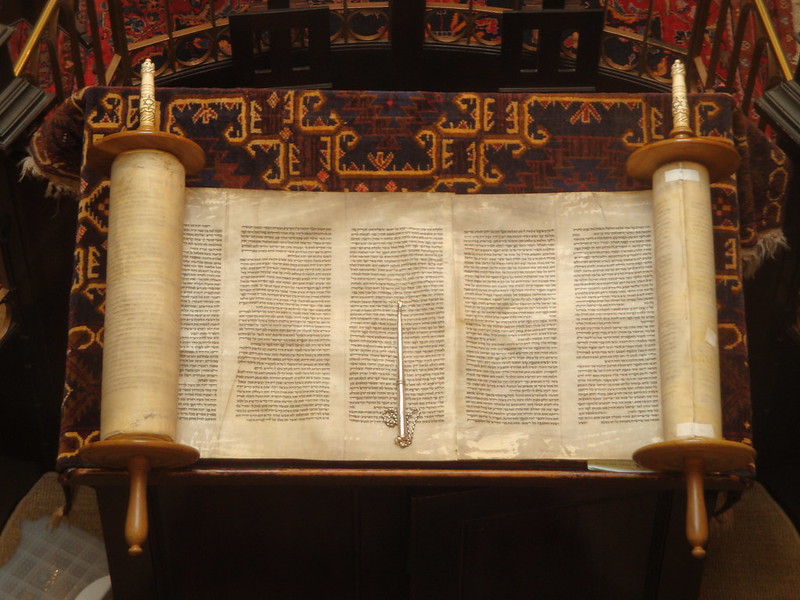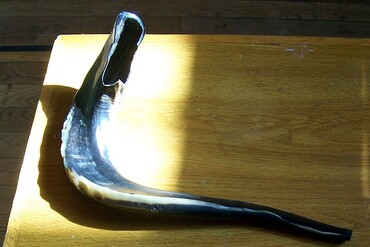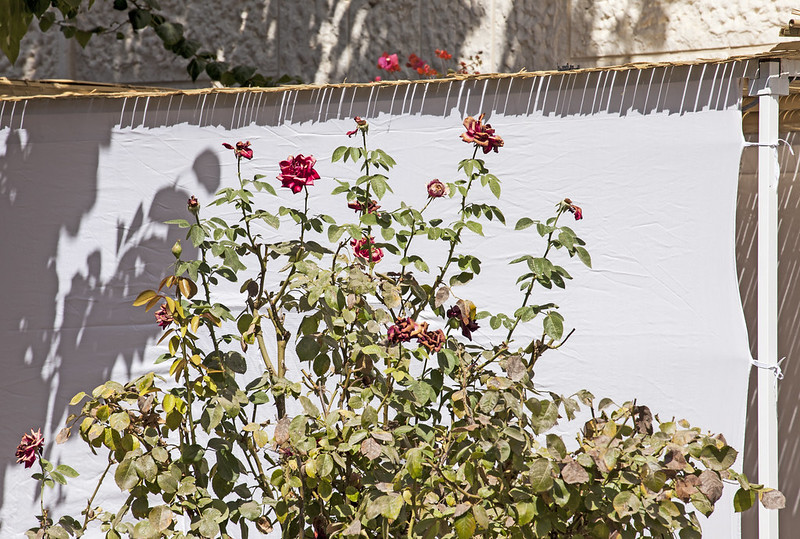|
Celebrate Simhat Torah with Hineni. Join us as we rejoice in the light of Torah, chanting it’s end and singing in its beginning. As we renew the season and ourselves, be with us as we renew Torah in this new, holy year. Sunday Morning October 11, 2020 9 am PST / 12 EST. Same Zoom Link as previous services or email [email protected] for the link and passcode.
0 Comments
Jonah 1:3 - But Jonah rose up to flee to Tarshish from the presence of Adonai. So he went down to Joppa, found a ship which was going to Tarshish, paid the fare and went down into it to go with them to Tarshish from the presence of Adonai. Jonah 2:3 - You hurled me into the depths, into the very heart of the seas, and the currents swirled about me; all your waves and breakers swept over me. Jonah 3:4 - Jonah began by going a day’s journey into the city, proclaiming, “Forty more days and Nineveh will be overthrown.” Jonah 3:6 - When Jonah’s warning reached the king of Nineveh, he rose from his throne, took off his royal robes, covered himself with sackcloth and sat down in the dust. Jonah 3:10 - When Adonai saw what they did and how they turned from their evil ways, Adonai relented and did not bring on them the destruction Adonai had threatened. The 13 attributes of God, in Hebrew called the middot, can be found in Exodus 34:6. Two biblical chapters after the Israelites commit the grave sin of building a golden calf and worshipping in its midst. The Talmud explains that God gave Moses a way to appease divine anger by reciting these attributes and since then, Jewish people have had access to a special way appeal to God to forgive our sins. We recite these holy words at auspicious times when we hope to find God ready to accept us with love. However, we are not always in the right place to be loving. Devorah explores righteous anger that may be holding us back from forgiveness and a clean slate. The 13 middot demonstrate that is not anger that we should be afraid of, but rather its excesses. As God models turning back from excessive anger, so too can we follow this example. The 13 middot show us the way. Exodus 34:6 וַיַּעֲבֹ֨ר יְהוָ֥ה ׀ עַל־פָּנָיו֮ וַיִּקְרָא֒ יְהוָ֣ה ׀ יְהוָ֔ה אֵ֥ל רַח֖וּם וְחַנּ֑וּן אֶ֥רֶךְ אַפַּ֖יִם וְרַב־חֶ֥סֶד וֶאֱמֶֽת ׀
The LORD passed before him and proclaimed: “The LORD! the LORD! a God compassionate and gracious, slow to anger, abounding in kindness and faithfulness, [Sefaria] Sunday, August 30, 2020 Elul Weekday Shacharit Zoom Service Replay [Click Here to Listen] Thank you Rabbi Marcia Prager for the Siddur Material [Aleph Jewish Renewal]. Weekday Shacharit Siddur Download File Psalm 27:6 “Now my head is high over my enemies all around; I sacrifice in His tent with shouts of joy, singing and chanting a hymn to the Adonai. “
Devorah reflects on a childhood friend named Jacob, who was bullied. With the help of friends and his own inner strength, he prevailed by “going high.” Elizabeth composed “yarum roshi—-my head held high” to accompany Devorah’s story and, as usual, Devorah’s editing work brings us all to a higher plane. Elul Reflection Psalms 27:4 Devorah Tucker-Fick explores the famous verse 4 of Psalm 27, sometimes called Achat Shaalti (one thing do I ask of God), by asking us to consider, “What is a House of God?” She also brings us an original musical interpretation of Achat Shaalti that is easy to learn and you can use at home and/or when you return to shul. This is pretty much one of my favorite lines from Torah so Thanks Devorah.
Our second Elul offering explores verse 2 of Psalm 27, where we contemplate what it means to have enemies, and the way in which our soul engages with negative forces. Devorah shares with you her vision inspired by the Gemara and Kabbalistic teachings during a contemplative journey through the Universe.
Enjoy our Elul offerings beginning tonight as we celebrate Rosh Hodesh Elul. If you are sitting and listening and you would like to light a candle with us, have a candle and a match ready. Tonight through Friday, we welcome Rosh Hodesh and explore the “light” in the first verse of Psalm 27, also known by its first words as “L’david Hashem Ori V’Yishi.” For the first 14 days of Elul we will use music and narrative to this Psalm. We hope you will find this audio recording a useful tool to enter into the introspection of Elul.
Our theme song for these days is the song “Kaveh el Yah” by Rabbi Hanna Tiferet Siegel. Devorah and I have done a cover of this beautiful song which you can find in its original form on the album Seeds of Wonder. For Rosh Hodesh, we are singing our cover of “Rosh Hodesh (New Moon) Candlelighting” song, music composed by Linda Hirschhorn and original text by Marcia Falk. The blessing can be found in Marcia Falk’s Book of Blessings and the original musical composition can be found on Behold! by the amazing A cappella group, the Vocalot. |
ReflectionsHineni.Space posts brief daily offerings (Elul meditations, reflections, poetry, and melodies). There is a tradition to hear the shofar every day of the month of Elul and to recite the verses of Psalm 27. Archives
March 2021
Categories
All
|

















 RSS Feed
RSS Feed